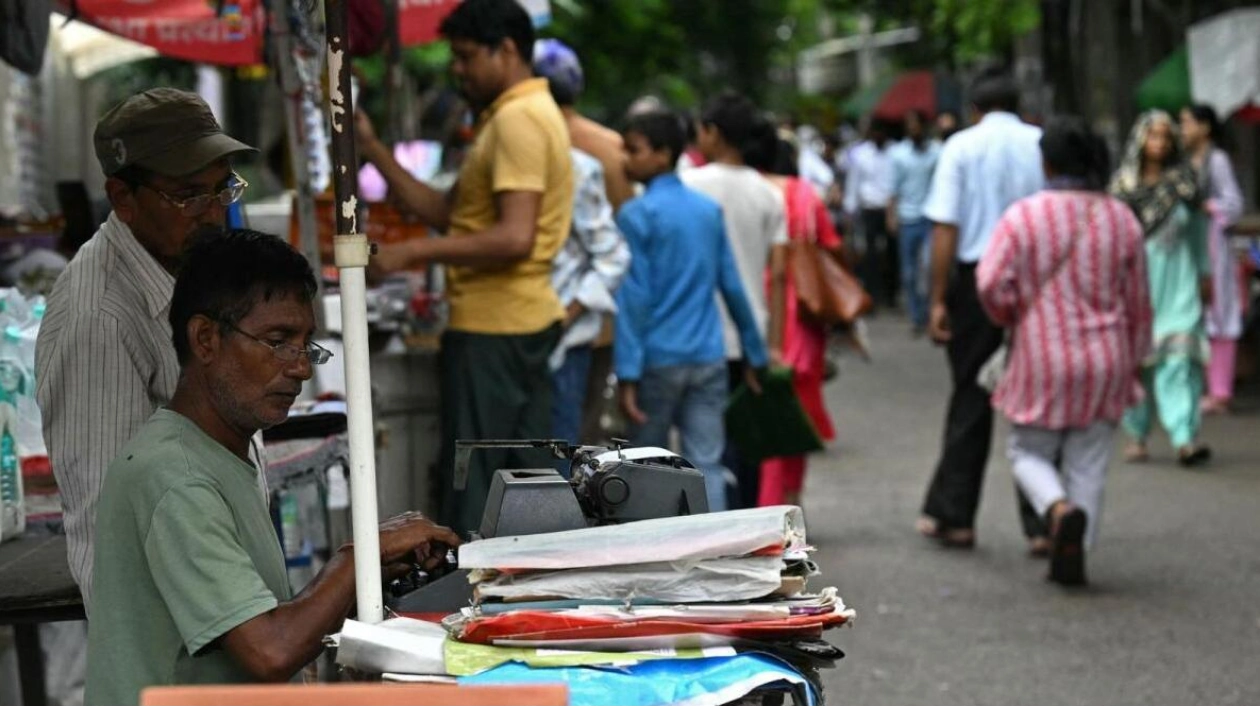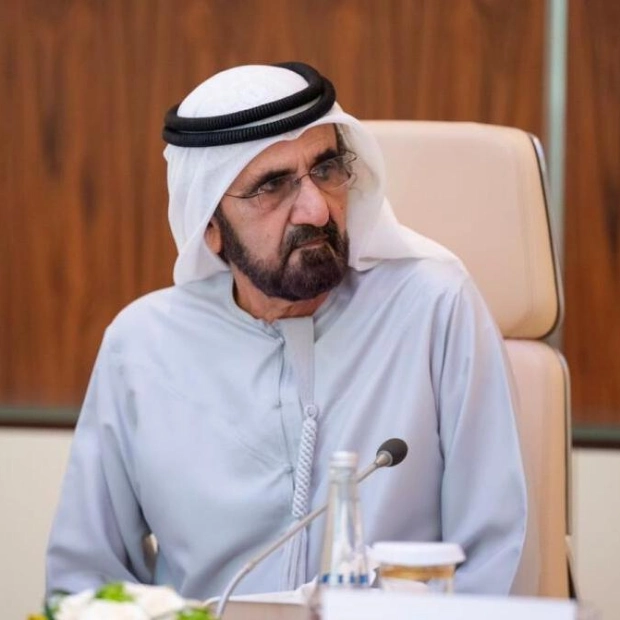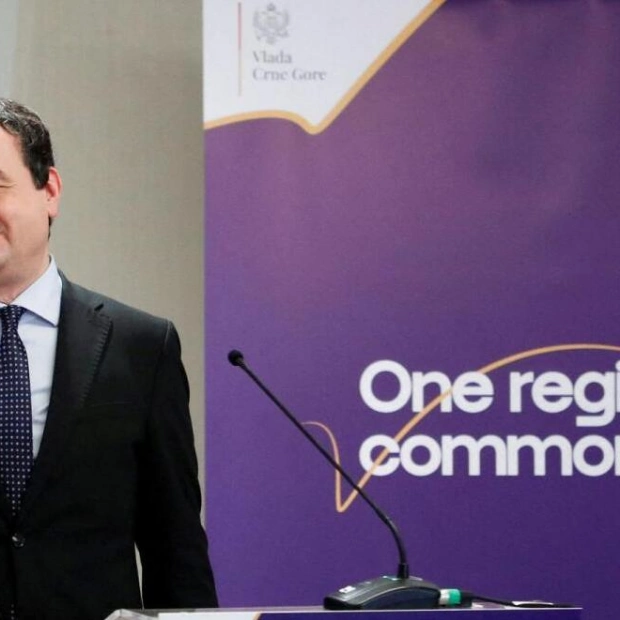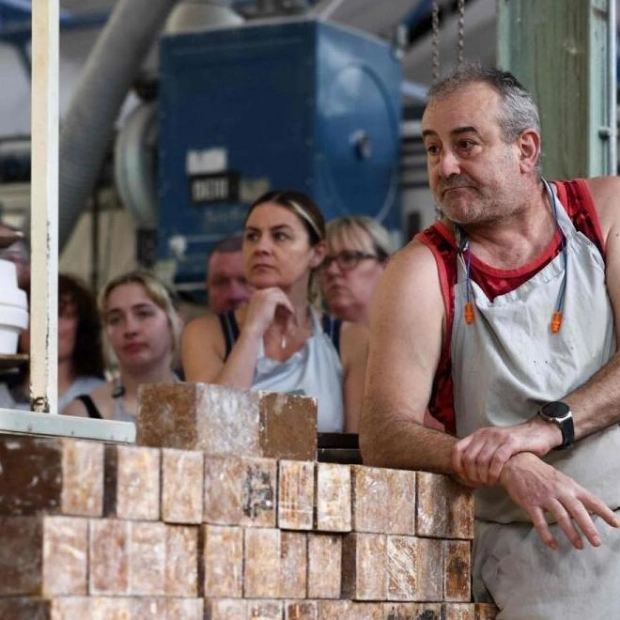Sonia endured a 32-year wait to see her assailants convicted, a painfully slow legal journey that is distressingly common in India, where over half a million cases have been pending for more than two decades. The brutality she suffered was harrowing, and the trauma was exacerbated by years of intermittent trials, which began in 1992 and concluded only last month with six men receiving life sentences.
"My heart is filled with anguish," said Sonia, 52, who, as a young woman, was bound, gagged, and raped in her hometown of Ajmer in the northern state of Rajasthan. "I was powerless," said Sonia, whose real name has been concealed to protect her identity. "No girl should endure this."
In the world's most populous country, an astonishing 533,000 cases have been stalled in court for between 20 and 30 years, according to data from the justice ministry. More than three-quarters of these are criminal cases. Last year, the Supreme Court cautioned that victims might lose faith in the legal system when it moves at an agonizingly slow pace, expressing deep concern over cases that have dragged on for up to 65 years. Nearly 3,000 cases across the nation have been pending for at least half a century.
Despite many odds, Sonia eventually found justice. In her case, which was part of a broader trial involving rape and extortion, 18 men were indicted. However, only a few were initially detained. Defense attorneys repeatedly demanded a retrial whenever another suspect was arrested. Over the years, the legal teams changed, and evidence was meticulously reviewed time and again.
Virendra Singh Rathore, who was at least the 10th public prosecutor to handle the case, described it as "traumatic" for the survivors. "They would question why we were prolonging their suffering and why the perpetrators were not being punished," he said. On August 20, a court in Ajmer sentenced six men to life imprisonment, bringing an end to a convoluted case that had seen numerous twists and turns, multiple convictions, and subsequent acquittals.
Rathore noted that the lives of the survivors would have been markedly different if justice had been delivered more swiftly. "Others who have suffered such crimes might have had the courage to seek justice," he said. "For the average person, delayed justice is essentially denied justice — or entirely absent."
The justice ministry has instructed courts with significant backlogs to prioritize the "speedy resolution of specific cases of a heinous nature," but their caseloads remain overwhelming. At least 44 million cases are pending across the country of 1.4 billion people. This judicial logjam could take decades — or even centuries — to clear at the current pace, even without the ongoing accumulation of new cases. Legal procedures are mired in rigid rules inherited from the British colonial era. There has been minimal investment in digital systems to streamline and organize hearings, while the ratio of judges in India — just 21 per million people — contributes to the notoriously slow pace of justice.
Mishika Singh, a New Delhi-based lawyer who founded the Neev Foundation to enhance legal access for the city's impoverished population, advises those seeking justice in an "overburdened" system to prepare for a lengthy wait. "We make it clear to them that even obtaining an interim order can easily take a year to two years," she said. "For a final decision, it can easily take three to four years."
Neelam Krishnamoorthy's two children, aged 13 and 17, were among the 59 victims of a fire in a Delhi cinema in 1997. After a protracted legal battle, cinema owners Sushil and Gopal Ansal were sentenced in 2007 for negligence to two years in prison, a sentence that was later reduced to a fine on appeal. Another case involving tampered evidence led to a seven-year sentence in 2021, but a court in July released the pair due to their advanced age. Now, 27 years after her children's deaths, Krishnamoorthy is pursuing an appeal to ensure they serve jail time.
"When I first went to court, I naively believed it would be like in the movies: you go to court, have a few hearings, and justice is served," she said. "I was in for a harsh reality check. This is an endless saga." Krishnamoorthy accuses the judicial system of acting only when a case garners public outrage. "They intervene if there is public outcry," she said. "Don't other victims of crime like us deserve justice?"






